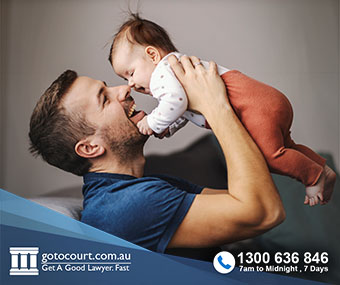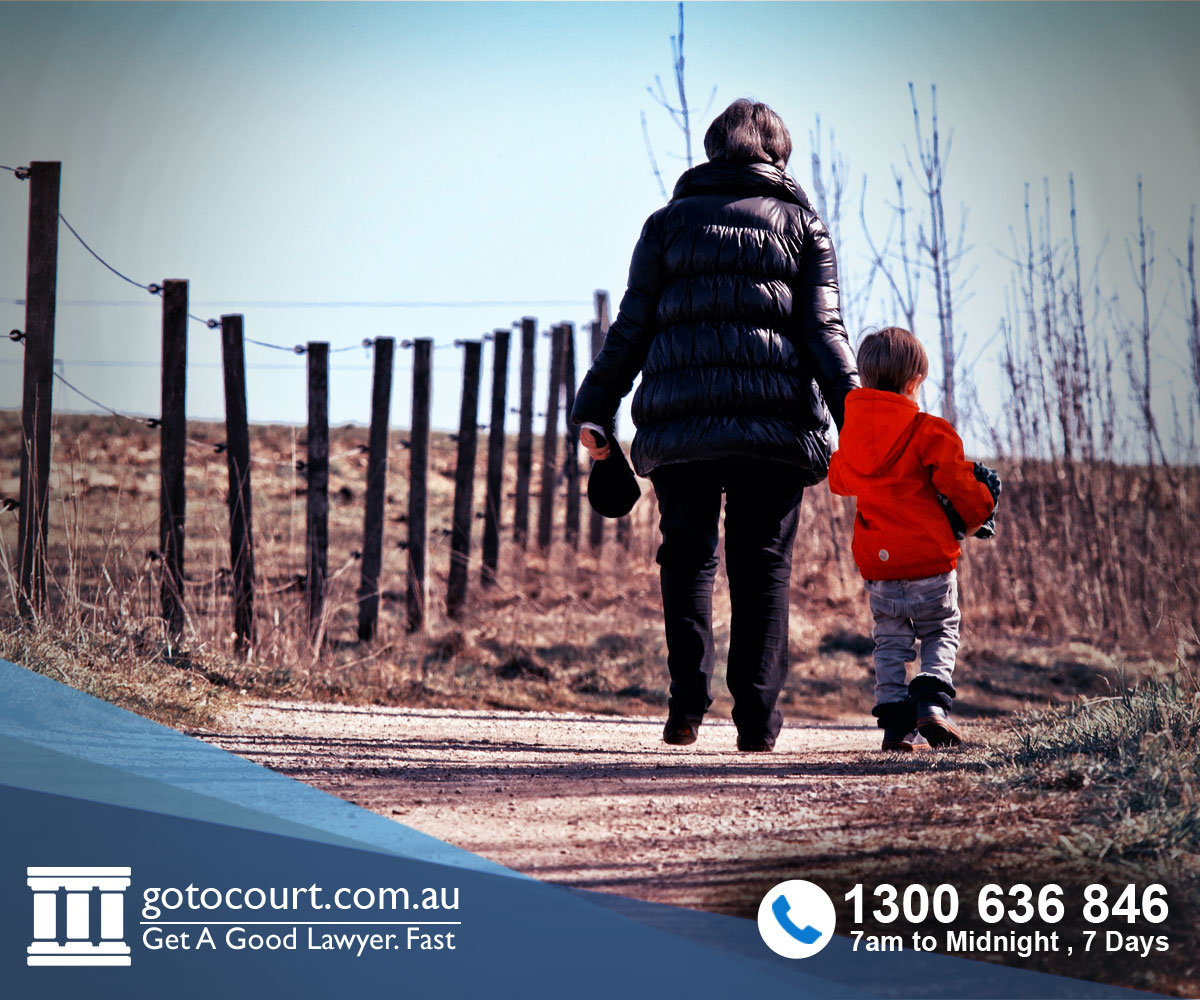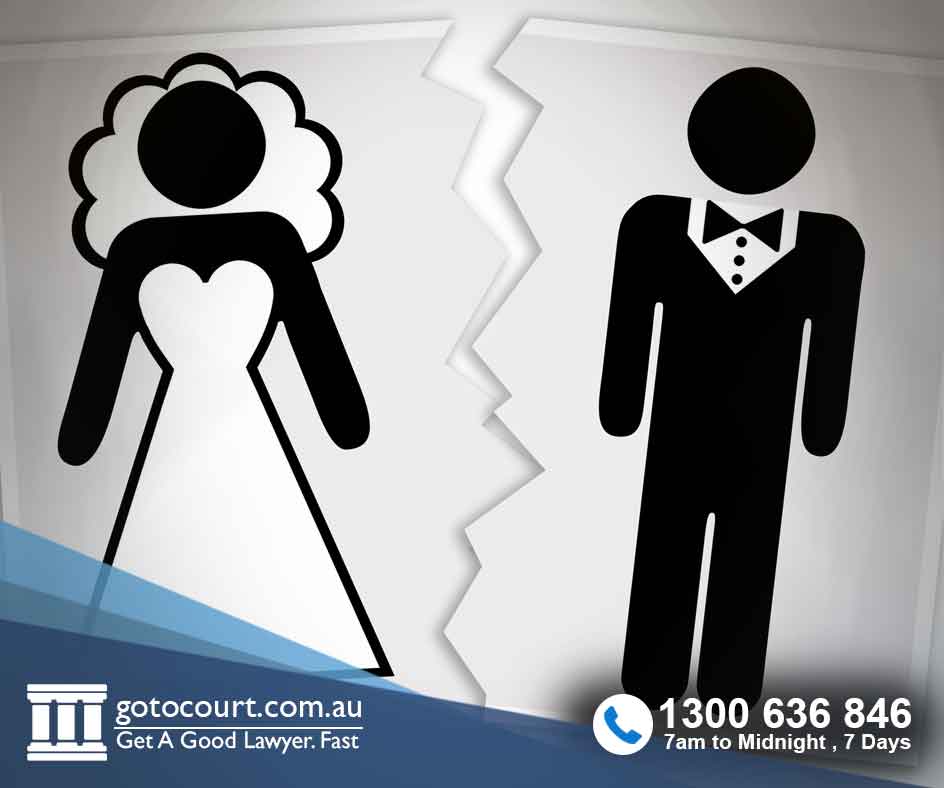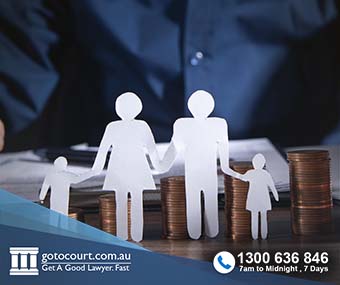The Independent Children’s Lawyer in Australian parenting cases
Under the Family Law Act, an Independent Children’s Lawyer (ICL) can be appointed to represent a child’s best interests during parenting proceedings.
Determining the child’s best interests is the court’s main concern during parenting cases. However, this can be difficult in some situations, particularly when there are allegations of family violence or high levels of conflict between parents. This is where the ICL steps in – as a lawyer who can act independently and focus solely on what is best for the child.
The laws regarding the ICL are found in the Family Law Act 1975 and the Federal Circuit and Family Court (Family Law) Rules 2021. The Federal Circuit and Family Court of Australia (FCFCA) has also approved a set of guidelines outlining the ICL’s role and responsibilities.
Why has an Independent Children’s Lawyer been appointed?
Section 68L of the Family Law Act 1975 allows the court to appoint an ICL to represent a child’s best interests during parenting proceedings.
The court can also appoint an ICL on its own initiative if it believes one is necessary. An application to appoint the ICL can also be made by the child, an organisation concerned with the child’s welfare, or by any other person.
There are many reasons why the court may decide that an ICL is required. The ICL will commonly be appointed if the case involves:
- Allegations of child abuse or neglect (physical, psychological or sexual);
- Allegations of domestic or family violence;
- High levels of conflict between parents;
- Significant health issues (physical or psychological) affecting the child, a parent, or someone who has significant contact with the child;
- Significant religious or cultural differences affecting the child;
- Allegedly anti-social conduct by one or more parents, which impacts the child’s welfare;
- Proposals to separate siblings; or
- Proposals by one parent to move somewhere with the child, which would effectively deny the other parent access.
The ICL may also be appointed if neither parent seems appropriate for the child to live with on the basis of the material filed in court.
The court may also consider an ICL on the basis of the sexual preferences of one or more parent, or of someone who has significant contact with the child, if those preferences are likely to have a negative effect on the child’s welfare.
This list of circumstances is not exhaustive and the court may find other reasons to appoint the ICL.
What is the Independent Children’s Lawyer’s role?
Section 68LA of the Family Law Act sets out the role of the ICL during parenting proceedings.
The ICL’s primary duty is to provide an independent opinion about which decisions or arrangements will be in the child’s best interests. They must remain impartial when dealing with other parties in the proceedings, focusing only on the child’s best interests. If the ICL believes there is a particular course of action that will best promote the child’s interests, their submissions to the court must suggest that the court adopt those actions.
The ICL’s views and opinions must be based on and supported by admissible evidence, and not their own personal opinions. They should carefully analyse any reports or documents used in the proceeding and draw the court’s attention to any matters which may significantly impact on the child’s best interests. The ICL may also arrange for additional evidence, which could include family reports or contacting experts. This additional information could lead the ICL to change or modify one of their earlier recommendations.
The ICL also has a duty to ensure that the child’s views on any matters relating to the proceedings are fully put before the court, while also minimising any trauma the child may experience during the proceedings.
The ICL will also help the parties reach an agreed settlement in their dispute but only to the extent that is in the child’s best interests. This may be through negotiation outside of court or through judicial determination in court. Even if a settlement is reached, if the ICL believes that the settlement reached is not in the child’s best interests or is ill-advised in the context of the child’s interests, they will alert the court to that fact.
Does my child give the ICL instructions?
Section 68LA of the Family Law Act clearly states that the ICL is not the child’s legal representative and does not take instructions from the child. The child is not a decision-maker nor is the ICL merely the child’s spokesperson.
The ICL does need to ensure that the court is fully informed of the child’s views on matters relating to the proceedings. However, the ICL can also make recommendations or decisions that are very different to the child’s expressed wishes, views, or opinions, if the ICL decides that those views are not in the child’s best interests. The ICL will need to inform the child if they are going to act contrary to the child’s stated wishes.
The guidelines also state that a child’s best interests are usually served by the ICL enabling the child to be involved in the decision-making process. Facilitating the child’s participation in the proceedings is therefore an important aspect of the ICL’s role.
When determining how much weight to give the child’s views or when deciding how involved the child should be in the decision-making process, the ICL should consider a number of factors, including:
- How involved the child wants to be;
- The child’s age and developmental state;
- The child’s emotional state; and
- The child’s personal views.
This analysis allows the ICL to involve the child to an extent that is appropriate for their age and level of maturity.
How does the Independent Children’s Lawyer determine a child’s “best interests”?
A wide variety of information is required to determine the child’s best interests.
When appropriate, the ICL will meet with the child. This gives the child an opportunity to express their views and wishes regarding the parenting matter. However, the ICL should not pressure the child into talking about their views, particularly if the child is unwilling to do so. The ICL also has no obligation to disclose to the court any information that the child gives them, although they may choose to do so if the disclosure is in the child’s best interests.
The ICL may also speak to the child’s principal or school teachers, and examine any documents held by the school. The child’s counsellors (if applicable) may be asked to provide information as well.
Documents from the police, child protection services or government departments (e.g. Families or Community Services) might also be relevant, along with the child’s or parents’ medical records (physical or psychological).
The ICL can also arrange for a family report, which is written by a court-appointed “family consultant” who is usually a psychologist or social worker. The family consultant will interview the child, their parents, and anyone closely involved in the dispute or their family life, and then form an independent view about the issues in the case. They may also make recommendations about what type of parenting orders or agreements should be reached. The family report helps the ICL and the court make decisions about arrangements for the child.
If the proceedings continue to a final hearing, the ICL might also question the parents, experts, or any other witnesses.
Can I talk to the ICL?
The ICL must always remain independent and impartial, including in their communications with other parties involved in the case.
If a party has legal representation, they will communicate with the ICL through their lawyer. If the ICL ever needs to directly contact a party, this will also be arranged through that party’s legal representation. The party will also need to consent to the ICL contacting them directly.
If a party has no legal representation, the ICL can communicate directly with them. However, the ICL must also inform the other parties that this communication has occurred.
The ICL will not tell any of the parties about what their child has said. The ICL will inform the parties if the ICL forms a preliminary opinion about what orders or outcomes would best promote the child’s interests, after consulting with the child and taking their views into consideration.
Can I object to the ICL?
Under Rule 3.11 of the Federal Circuit and Family Court (Family Law) Rules 2021, a party may apply to the court for removal of the ICL, although the courts are generally reluctant to grant the application.
However, the court may discharge the ICL if the ICL acts in a way that is contrary to the child’s best interests; acts improperly, lacks professional objectivity, or has a conflict of interest.
From time to time, the ICL should also consider whether their appointment is still required or beneficial for the child. For example, if the ICL’s relationship with the child has irretrievably broken down it may be very difficult or impossible for the ICL to effectively represent the child’s best interests. In this situation, the guidelines recommend that the ICL should apply for a court order discharging their appointment. The guidelines also discuss other situations where the ICL should request to be discharged.
Who pays for the ICL?
The Legal Aid organisation in the state or territory is commonly responsible for making arrangements for the ICL, both in appointing the specific lawyer and in determining costs.
However, Legal Aid usually cannot pay for all the ICL costs and it is highly likely that the parties will need to contribute as well.
For example, Legal Aid NSW says they will pursue the ICL’s costs from the parents unless a parent is already receiving legal aid. It is similar in WA where Legal Aid will also ask parents to pay for the ICL or at least contribute to the costs, if they do not qualify for legal aid.
Parties should check with Legal Aid in their state or territory about how ICL costs will be paid.
Under Rule 3.11 of the Federal Circuit and Family Court (Family Law) Rules 2021, the court may also order one or more parties to pay for the ICL’s costs.
If you require legal advice or representation in any legal matter, please contact Go To Court Lawyers.








